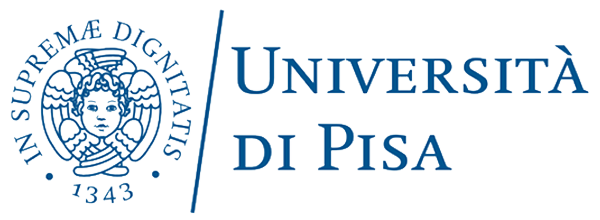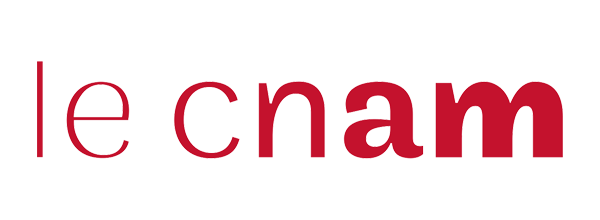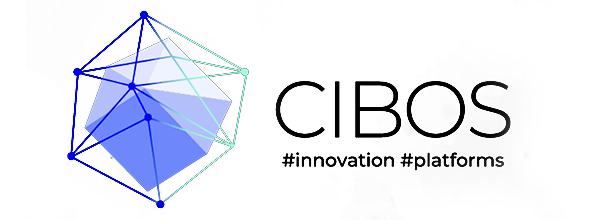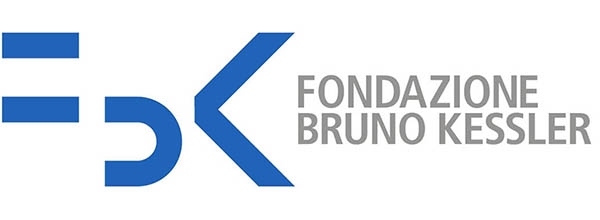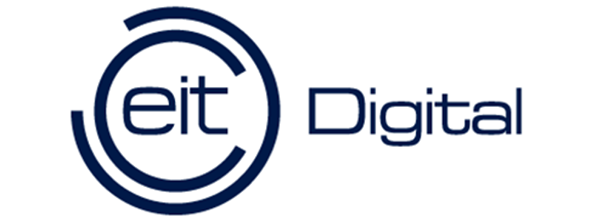Research & Development
U-Hopper was born in 2010 after a few successful research projects at the European level. Since then, our commitment to development and innovation has remained a constant, leading us to win prestigious prizes and awards at national and international levels.
Take a look at both active and completed projects to discover all the innovation challenges we have faced over the past years and the way we managed to translate them into new skills!




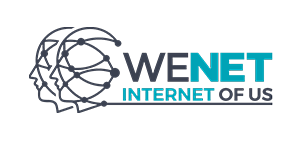
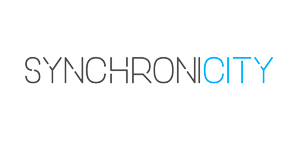


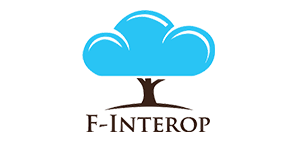

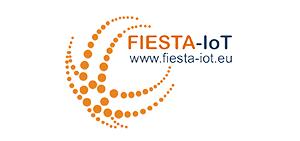

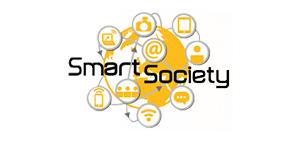
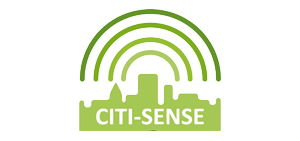


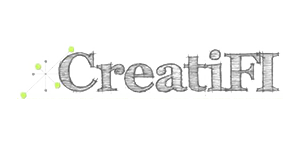


Manipulating an image or video is becoming easier and easier and deep faking, i.e. the synthesis of the human image based on Artificial Intelligence, is today a growing phenomenon. Apart from a few examples of comedy or jokes, the scenarios that are opening up are alarming: scams, cyberbullying, revenge porn, computer crimes.
To fight the diffusion of those synthetically AI-generated images (deep-fakes) on social networks, TrueBees combines innovative AI digital image forensics methods with blockchain technology with the aim to guarantee that a given visual user-generated content is trustworthy.
TrueBees is a project carried out in collaboration with the University of Trento and funded by Trublo under the Europe’s Horizon 2020 programme, which aims at promoting new technologies (such as blockchain) to revolutionise the media sector.
News, media and advertisementMachine learningBlockchain

GoldenOwl is the codename of a pilot project developed by U-Hopper, promoted by Fed4FIRE+ and funded under the Europe's Horizon 2020 programme.
Focus of the project is to develop a solution that leverages Distributed Ledger Technologies (DLTs, such as blockchain) to store digital, verifiable versions of education and training certificates in a tamper-proof, immutable registry.
The final purpose is to a) help the certificate issuer in reducing bureaucracy red tape and costs, b) allow alumni to have full control over their certificates, and c) allow employers to check the veracity and authenticity of applicants' certificates in a fast and inexpensive way.
EducationBlockchain
Discover more
PinkApe is an European project funded by the H2020 programme, which is promoted by EOValue and supported by the European Commission Joint Research Centre.
The project aims at developing a conversational interface service powered by a chatbot application, which is designed for allowing citizens to actively contribute to environmental monitoring campaigns and to the achievement of the Sustainable Development Goals. PinkApe uses and extends some software components we developed within the H2020 SCENT project.
Smart city/societyActive citizenship/crowdsourcingChatbot

The Content Personalisation Network (CPN) is an European project funded under the H2020 programme, whose aim is to build a platform for delivering personalized digital news to readers while overcoming current issues in the online media scenario such as the filter bubble and the cold start problem.
Tapoi, our proprietary customer intelligence technology, will be used to understand users’ interests and personalize the online experience with targeted and, at the same time, balanced content to ensure complete visibility of diverse news categories.
News, media and advertisementSocial media
Discover more
MemEx is a project funded by the Province of Trento and developed in partnership with Dimension Srl, FBK and University of Trento, which aims at developing technologies for supporting tourists during all phases of their travel experience. which aims at developing technologies for supporting tourists during all phases of their travel experience.
MemEx offers an automated conversational service, called chatbot, which can be used by tourism operators (hoteliers and DMOs) to interact with tourists.
The solution is integrated with profiling and analytics systems that allow the optimization and personalization of the automated interaction and of marketing upselling campaigns.
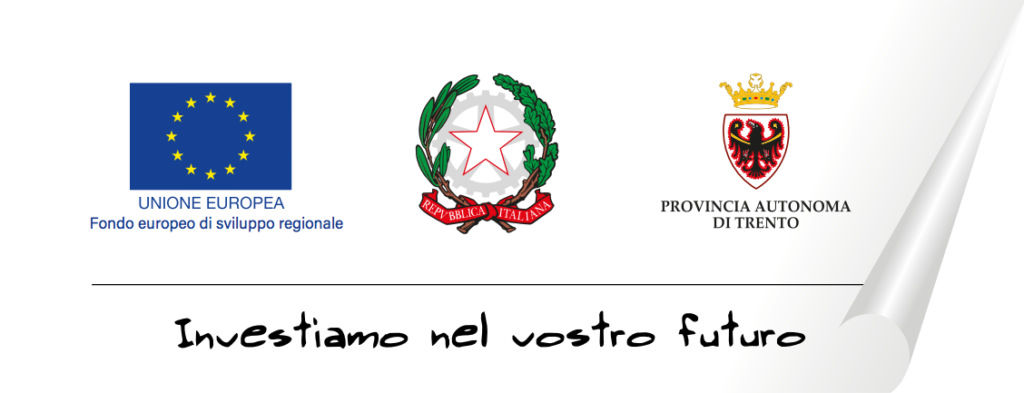
The project is carried out within the ERDF Regional Operational Programme 2014-2020 of the Autonomous Province of Trento, and it is co-financed by the European Union through the European Fund for Regional Development, for the Italian state and the Province of Trento.
TourismAnalyticsChatbot

The WeNet project is the result of a multi-disciplinary partnership with 15 entities of different types and nationalities. WeNet aims at developing and implementing a diversity-aware artificial intelligence technology, able to support and enrich people social interactions through an empowered network of computers. The ultimate goal consists in amplifying the positive effects of the Internet and the sharing economy towards a more inclusive society.
The project is funded under the Europe's Horizon 2020 programme and it will run experiments with students in 18 pilot sites worldwide, involving 10,000 participants.
We report our experience with WeNet in this article on our blog.
Smart city/societySoftware infrastructureChatbot
Discover more
BlueAlpaca is the name of a pilot project developed in collaboration with four European cities (Milan, Helsinki, Antwerp, Santander), promoted by SynchroniCity and funded under the Europe's Horizon 2020 programme.
The purpose was to assess the technical replicability and scalability of a conversational information service powered by a chatbot that enables rich interactions between the public administration and its citizens and makes information and smart city services easily accessible.
The final objective was to encourage local authorities to experiment chatbot applications, while enhancing the relationship with their citizens.
We talk about our experience and collected results on a few articles on our blog.
Smart city/societyChatbot
Discover more
Tsundoku is a project that aims to further develop our customer intelligence solution Tapoi, that is a service able to personalize the users' online experience upon the analysis of their online activities and the creation of a rich user profile.
By using semantic analytics, Machine Learning and Artificial Intelligence methods, Tsundoku is able to recognize user interests and track the occurrence of relevant life events.
This cutting-edge solution allows companies to target customers or potential customers with personalized and punctual marketing actions, thereby taking advantage of cross-selling opportunities and generating higher conversion.
Social mediaAnalyticsMachine learning

FogGuru is a project funded by the European Commission under the H2020-MSCA programme.It is led by a consortium made of two academic institutions (Université de Rennes 1, TU Berlin), a leading European Digital Innovation and Entrepreneurial Education organisation (EIT Digital), a Smart City innovation agency (Las Naves), a Swedish SME (Elastisys AB) and U-Hopper.
The objective of this project is to deliver an industrial doctoral programme specifically focussed on fog computing, that is a new paradigm for powering novel applications and services through the provisioning of a distributed computing infrastructure able to process data closer to users.
In particular, U-Hopper will train two PhD students, Mozhdeh Farhadi and Davaadorj Battulga, on the design and engineering of scalable data pipelines for fog computing infrastructures and fog-enabled interactive services for smart cities.
Smart city/societySoftware infrastructure
Discover more
SCENT was a H2020 funded innovation project that aimed at engaging citizens in environmental monitoring and enable them to become the eyes of the authorities and policy makers. The platform is still active today, and it allows citizens to support the monitoring of land-cover/use changes using their smartphones.
U-Hopper was tasked with the design and implementation of the crowdsourcing platform that enable people-generated web of observation to augment the costly in-situ infrastructure traditionally deployed.
Read more about this project on our blog.
Smart city/societyActive citizenship/crowdsourcingSoftware infrastructureMachine learning
Discover more
The F-Interop project, funded under the H2020, aimed at researching, developing and supporting online tests for emerging standards and technologies of the Internet of Things. Within its second open call, the F-Interop Consortium granted U-Hopper an experiment (U-Improve) aimed at carrying out an extensive usability assessment of the F-Interop online tool.
Discover more about this project and related results on our blog.
Data visualization
Discover more
Thanks to the DataSci4Tapoi project we were able to empower the first version of Tapoi, our customer intelligence service for web portal owners and mobile application developers, by adding advanced Machine Learning and Artificial Intelligence methods. This provided a boost to the growth of the company and positioning it at the forefront of user analytics for web portals and mobile apps.

This project has received funding from the European Union’s Horizon 2020 research and innovation programme under grant agreement No 739783.
Social mediaMachine learning
Discover more
OrganiCity is a service for experimentation that explores how citizens, businesses and city authorities can work together to create digital solutions to urban challenges. U-Hopper won one of the Organicity open calls with its TalkingCity project. TalkingCity aimed at developing new ways for citizens to access information and data about the local environment. In particular, we focussed on the usage of conversational interfaces, powered by chatbots, as an alternative to more traditional Web or app-based approaches.
We have collected a few lessons learned while working in OrganiCity in this post from our blog.
Smart city/societyChatbot
Discover more
The aim of the Fiesta-IoT project consisted in the provision of tools, techniques, processes and best practices enabling IoT testbed/platforms operators to interconnect their facilities in an interoperable way based upon cutting edge semantics-based solutions. Within Fiesta-IoT, U-Hopper was in charge of the development of a conversational information service allowing users to interface with the IoT devices via a chatbot. The chatbot was able to precisely respond to the specific users’ questions while concealing the heterogeneity of the underlying infrastructure, data and devices available on the Smart City technology platform.
Smart city/societyChatbot
Discover more
I-locate introduced an open source toolkit for building location-based services which was based on the ability of monitoring and tracking people and assets across outdoor and indoor environments and was powered by open data on indoor spaces. U-Hopper was in charge of designing and integrating the backend component which was released as open source and can be accessed here.
Smart city/societyLocation service
Discover more
SmartSociety set the scientific and technological foundations for the design, operation and management of hybrid and diversity-aware collective adaptive systems, in which humans and machines seamlessly collaborate. U-Hopper developed and integrated the enabling IT platform, called SmartCollectives, which was later made available under an open source license and is still active today.
Active citizenship/crowdsourcingSoftware infrastructure
Discover more
CITI-SENSE aimed to develop “citizens’ observatories” for empowering citizens to contribute to and participate in environmental governance while at the same time enabling them to support and influence community and societal priorities and associated decision-making.
U-Hopper was in charge of developing the crowdsourcing platform supporting the collection and analysis of citizen-generated information and knowledge. Results from CITI-SENSE helped shaping the solution CivicFlow, which is a platform supporting the creation and online distribution of questionnaires and the exploration of related results through interactive graphics.
Smart city/society
Discover more
The objective of the project Montagna di Latte (literally Milk Mountain) aims at developing a knowledge center for local dairy farmers, targeting both citizens and tourists interested in understanding the value and impacts of such production chain.
U-Hopper developed the supporting IT platform, enabling citizens and tourists to easily access relevant knowledge and information about events and experiences related to the dairy production in Trentino.
Tourism

The LOCOS project was a R&D cooperative project between U-Hopper and Futur-3, funded by PAT under the FESR framework, whose aim was the realization of an integrated platform for designing, managing and delivering location-based services, with a specific focus on outlet villages and shopping malls. . LOCOS is a cooperative project between U-Hopper and Futur-3. The technology developed in LOCOS by U-Hopper was eventually spun off within Thinkinside.
RetailLocation service

With the aim of boosting innovation in the creative media industries through the adoption of novel information and communication technology solutions, CreatiFI supported . U-Hopper in the development of an innovative solution for context-aware personalised advertising (based upon the FI-WARE open-source Future Internet enablers).
News, media and advertisement

The vision of the COMPOSE project was to integrate the IoT and the IoC with the IoS through an open marketplace, in which data from Internet-connected objects can be easily published, shared, and integrated into services and applications.
Within this project, U-Hopper was responsible for the implementation of a use case in the retail sector; the resulting technology had been spun off as RetailerIN later on.
Retail
Discover more


